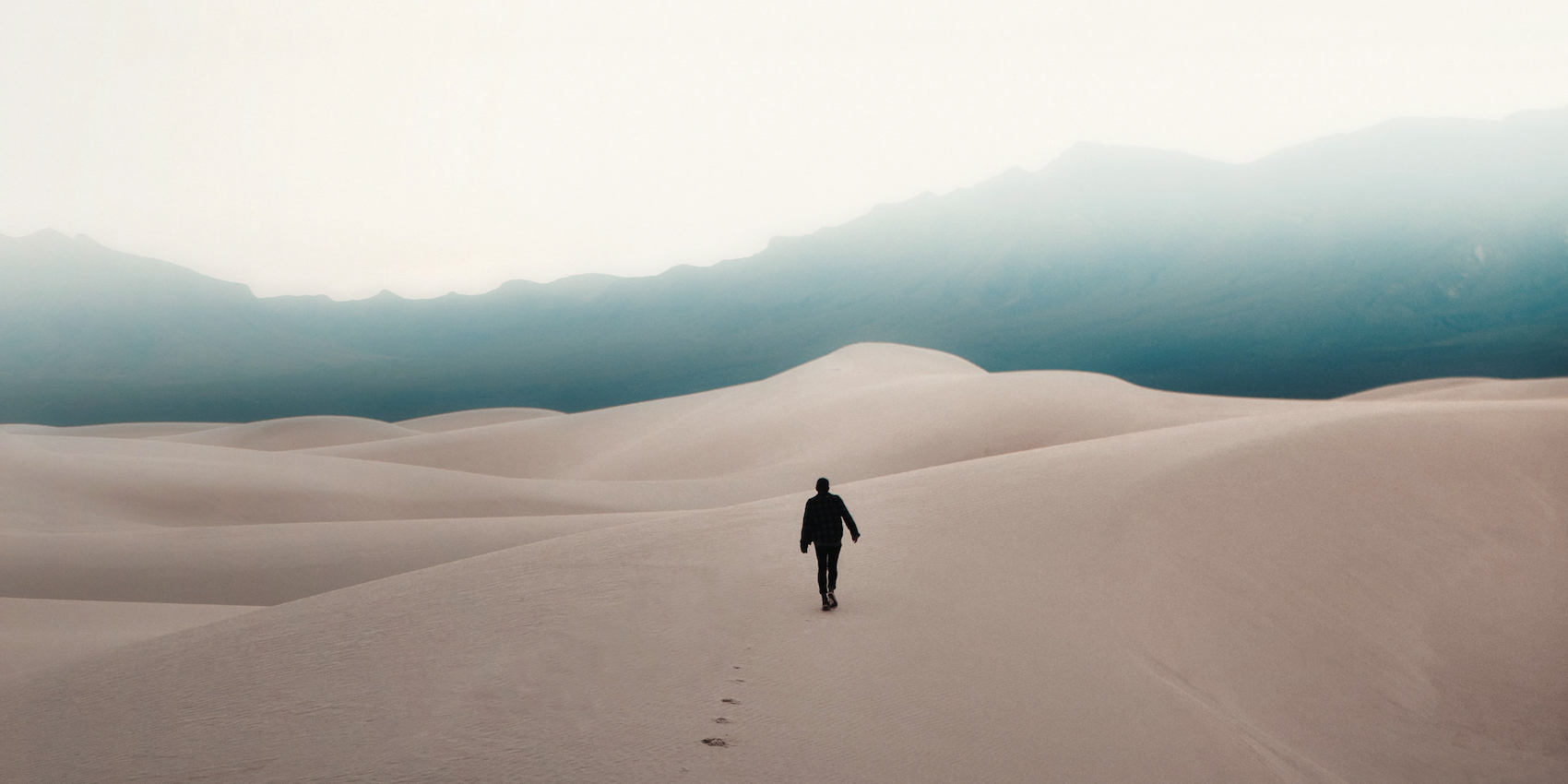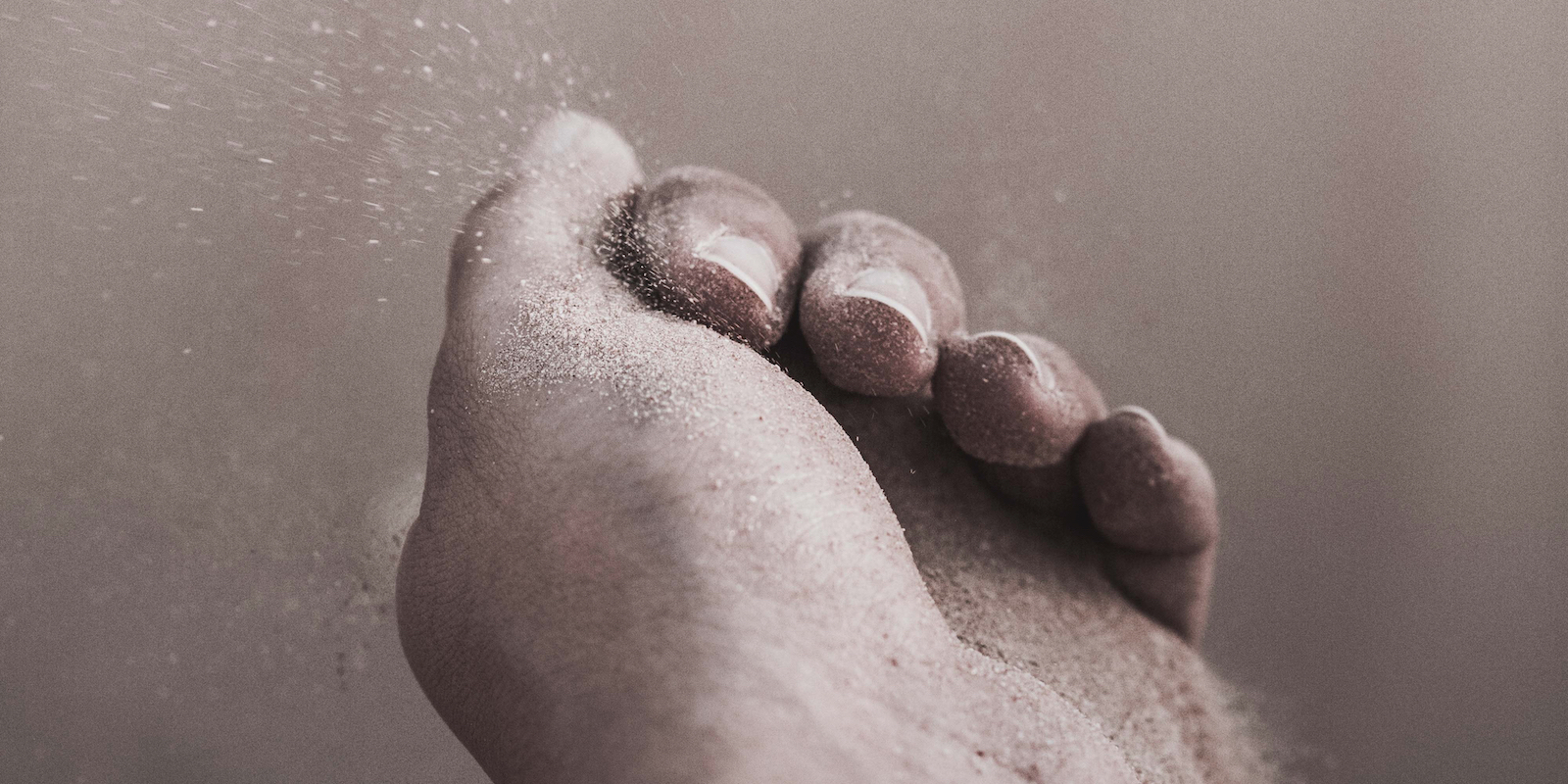The Insight Timer team had the chance to ask Dr. Jud Brewer—professor in psychiatry at the School of Medicine at Brown University, research affiliate at MIT, mindfulness expert, author and TED Talk speaker—some questions that have been on their mind in these strange and uncertain times. Also, explore some helpful guided meditations led by Jud to cope with anxiety and ground in the present moment.
Insight Timer: What is social contagion and how dangerous is it in the current global pandemic?
Judson Brewer: Social contagion is the spread of emotion from one person to another. It can be really dangerous. We can prevent the spread of a virus by physical distancing, but someone can basically sneeze on your brain from anywhere in the world when you are scrolling through social media.
Can anxiety weaken the immune system?
Stress and anxiety have been shown to weaken the immune system, yet practices like mindfulness can strengthen it. Richie Davidson’s lab did a study over 15 years ago that showed that people’s antibody response to vaccination was stronger after an 8 week mindfulness-based stress reduction (MBSR) course.
How can I keep anxious thoughts in check when the 24-hour news cycle and spread of information/misinformation is so prevalent and unrelenting?
You can start by taking some deep breaths to help literally calm your nervous system. Just like frequent handwashing helps us to not catch viruses, short mindfulness practices throughout the day are like “brain sanitizer”.
Read more: Learn about the workings of breathing techniques for anxiety.
Each time we take 30 seconds to pause and bring awareness to our bodies and minds, we’re more likely to stay calm and not catch social contagions like anxiety. In fact, my lab just finished two clinical studies with an app-based mindfulness training called Unwinding Anxiety, in which we found a 57% reduction in anxiety in anxious physicians, and a 63% reduction in anxiety people with Generalized Anxiety Disorder. The mindfulness app was geared at helping people map out anxiety and fear habit loops, and replace their habitual behaviors of worry etc. with short, in-the-moment mindfulness practices. If we all practice mindfulness-short-moments many times a day, we can build good “mental immunity” to stress, anxiety and panic.
What if I’m so overcome with anxiety that my prefrontal cortex can’t even reach the ‘think’ stage (as explained in your New York Times article)?
Taking a few deep breaths can do wonders at helping to calm down. Or grounding awareness in your feet can be helpful as well—we don’t hold anxiety in our feet, so this is a great place to ground in the present moment.
Read more: Explore the 54321 grounding technique to anchor yourself in the present moment.
What if after pausing and thinking, I find more reasons to panic?
There is never a reason to panic. Panic doesn’t help anything. It only makes things worse.
Isn’t it better to panic and be prepared for the worst case scenario than to go on as if everything is normal?
There are no benefits to panicking. It only makes us hard to think, act irrationally, and is physically and mentally exhausting.
How can we help those around us (family and friends) with anxiety and panic related to coronavirus? Are there more constructive ways to reassure others to break the cycle?
In medical school, I learned that when someone was having a heart attack, I needed to stop and take my own pulse first. This was a reminder that I needed to stay calm, so that I could think. Only then could I help the situation and not make things worse.
So, it is helpful for us all to pause and take our own pulse—quite literally as it can be a sign of anxiety but mentally as well. When we notice that we’re a bit keyed up, that’s when we stop and ground ourselves first, before going on to help others. At that time we can spread calm as a protective social contagion.
Practice with these guided meditations by Jud Brewer to pause and cultivate inner calm:
- Working With Anxiety Judson Brewer
- Anchoring In The Present Moment Judson Brewer 10:10
What advice do you have for staying connected to the reality of what’s happening around the world when our normal, day-to-day lives are being disrupted and we’re feeling a sense of isolation that we’ve never experienced before?
I’m putting out short daily videos on my DrJud YouTube channel to give tips to help people develop skills to stay calm and connected. I just uploaded videos on how to work with social contagion, how to spread connection as the new infection—which included a suggestion to cuddle with our pets (and my cat Ananda got his first YouTube cameo appearance!), and most recently how to stop compulsively checking the news.
I’ll put out new videos each day based on what is emerging. People can check that channel and start spreading calm and kindness so we can all stay connected. We’ll get through this much more easily if we all work together.






